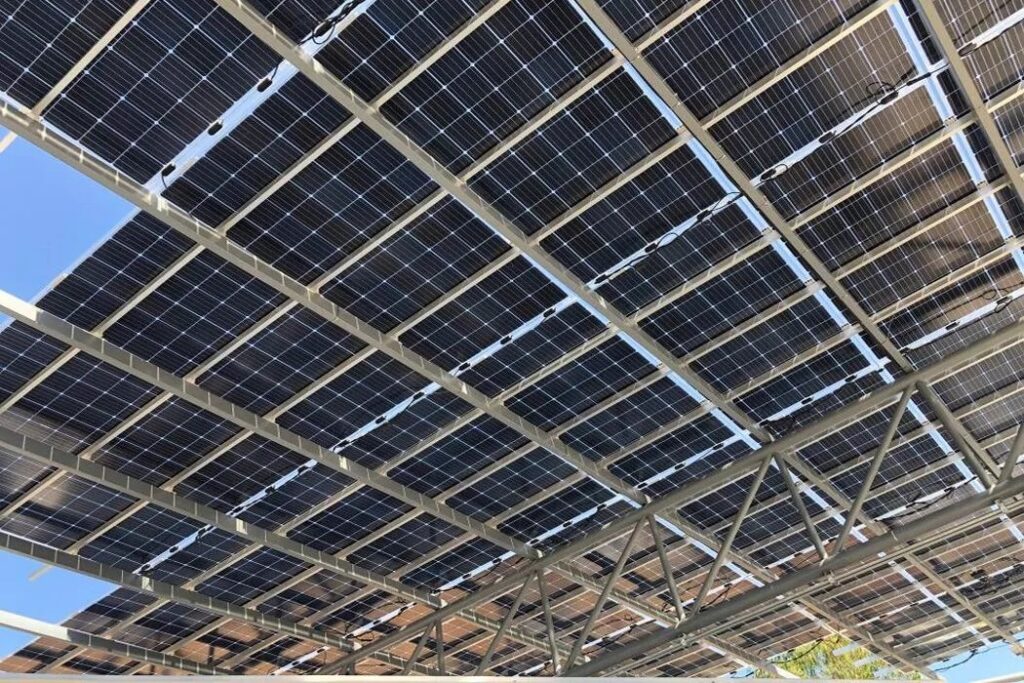Both P-type and N-type solar cell technologies have their advantages and disadvantages, and the choice between the two depends on specific application requirements and manufacturing capabilities. Let’s explore some of the factors that can help determine which type might be considered “better” in certain situations.
- Efficiency: Historically, P-type solar cells have been more commonly used and have achieved higher efficiency levels. However, N-type solar cells have been gaining traction and have shown promise in achieving comparable or even higher efficiencies in certain configurations.
- Long-term stability: N-type solar cells are known to have better resistance to light-induced degradation (LID) and potential-induced degradation (PID), which can lead to improved long-term performance and stability compared to P-type cells.
- Cost: The cost of manufacturing N-type solar cells has been higher than P-type cells due to the more complex manufacturing processes involved. However, as the technology matures and economies of scale are achieved, the cost difference may reduce or even reverse.
- Performance under high temperatures: N-type solar cells tend to perform better at high operating temperatures compared to P-type cells, which can be advantageous in certain climates.
- Industrial adoption: P-type solar cells have been widely used in the solar industry for many years, resulting in a well-established infrastructure and manufacturing expertise. N-type cells are newer to the market and might take some time to reach the same level of widespread adoption.
- Research and Development: Both P-type and N-type solar cell technologies are continuously being researched and improved. Advancements in one type may influence the overall preference in the future.
It’s important to emphasize that solar panel technologies are continuously evolving, and new research and developments can impact the performance, efficiency, and cost of both P-type and N-type solar cells. Therefore, the answer to which type is “better” can change over time.
Ultimately, the best choice for a particular application will depend on various factors, including the desired efficiency, cost constraints, location, and specific performance requirements.


